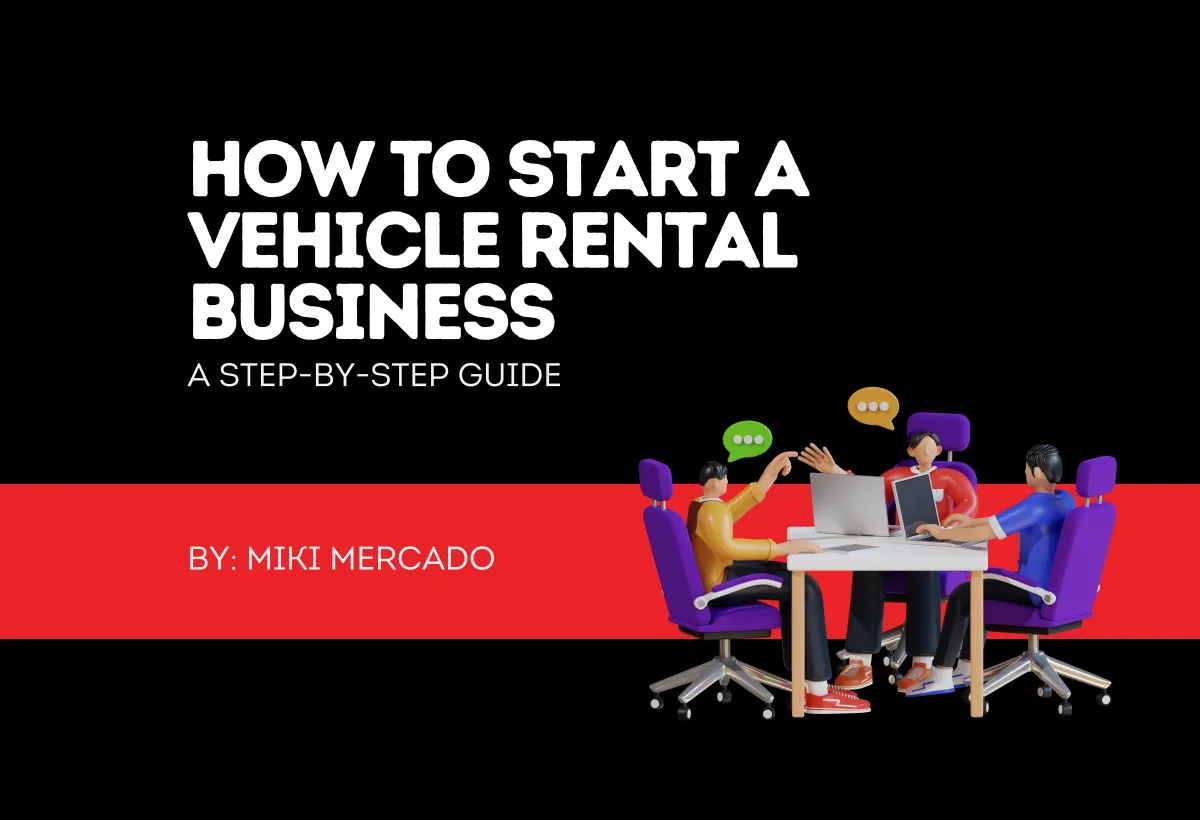
How to Start a Vehicle Rental Business: A Step-by-Step Guide
Starting a vehicle rental business can be a lucrative venture, given the rising demand for vehicle rentals among tourists, business travelers, and individuals seeking short-term transportation solutions. However, launching a successful vehicle rental company requires strategic planning, proper licensing, and effective marketing. This guide outlines the essential steps to establish and grow a vehicle rental business while leveraging vehicle rental marketing to maximize visibility and profitability.
Step 1: Choose a Business Model
The first step in starting a vehicle rental business is determining the type of rental service you want to offer. Some common models include:
Daily and Short-Term Rentals – Targeting tourists and business travelers.
Long-Term Leasing – Offering extended rental periods to businesses or individuals.
Luxury and Exotic Vehicle Rentals – Catering to high-end clients for special events.
Peer-to-Peer Car Sharing – Allowing private owners to rent out their vehicles via a platform.
Step 2: Conduct Market Research and Define Your Niche
Understanding your target market is crucial for success. Conduct market research to analyze competitors, pricing strategies, and customer preferences in your area. Identify gaps in the market where your business can offer unique value, such as eco-friendly vehicle rentals or budget-friendly options.
Step 3: Register Your Business and Obtain Licenses
To legally operate a vehicle rental business, you must:
Register your business entity (LLC, corporation, or sole proprietorship)
Obtain necessary permits and licenses (varies by state/country)
Register with the Department of Motor Vehicles (DMV)
Comply with tax and regulatory requirements
Consulting with a legal expert or business consultant can ensure you meet all compliance obligations.
Step 4: Acquire Vehicles and Set Pricing
Your fleet is the core of your business. Choose vehicles based on your business model and customer demand. Consider:
New vs. Used Vehicles – New cars attract more customers but require higher investment, while used cars reduce upfront costs.
Leasing vs. Purchasing – Leasing allows lower capital investment, while purchasing gives you full ownership.
Electric and Hybrid Cars – A growing trend in the industry that appeals to eco-conscious customers.
When setting pricing, consider:
Market rates and competitor pricing
Seasonal demand fluctuations
Additional fees (insurance, maintenance, taxes)
Step 5: Get Insurance Coverage
Insurance is essential to protect your business and customers. Key insurance policies include:
Commercial Auto Insurance – Covers damages to your fleet.
Liability Insurance – Protects against third-party claims.
Personal Accident Insurance – Covers injuries to drivers and passengers.
Roadside Assistance Plans – Enhances customer experience by offering emergency support.
Step 6: Build an Online Presence and Market Your Business
A strong digital presence is critical for attracting customers. Vehicle rental marketing plays a vital role in reaching potential renters. Effective strategies include:
Website Development – Create a user-friendly site with an online booking system.
Search Engine Optimization (SEO) – Optimize your site for "vehicle rental marketing" and local searches.
Social Media Marketing – Promote your brand on platforms like Facebook, Instagram, and TikTok.
Google My Business Listing – Improve local search visibility.
Paid Advertising – Use Google Ads and social media campaigns for targeted reach.
Step 7: Identify Your Best Support System
Launching and running a successful vehicle rental business requires a reliable support system. From marketing and branding to customer engagement and reputation management, partnering with experts can make a significant difference.
FLEET SEO specializes in helping vehicle rental startups focus on their sales and growth by providing:
Comprehensive Vehicle Rental Marketing – SEO, PPC, and content strategies to increase online visibility.
Reputation Management – Handling customer reviews and building trust.
Brand Strategy Development – Ensuring consistent branding across all platforms.
Social Media and Influencer Marketing – Engaging with potential customers through dynamic campaigns.
By working with FLEET SEO, new businesses can streamline their marketing efforts while focusing on operational excellence and customer satisfaction.
Starting a vehicle rental business involves careful planning, vehicle acquisition, regulatory compliance, and strategic marketing. By leveraging vehicle rental marketing and partnering with experts like FLEET SEO, entrepreneurs can focus on growing their business while ensuring maximum visibility and customer engagement.






